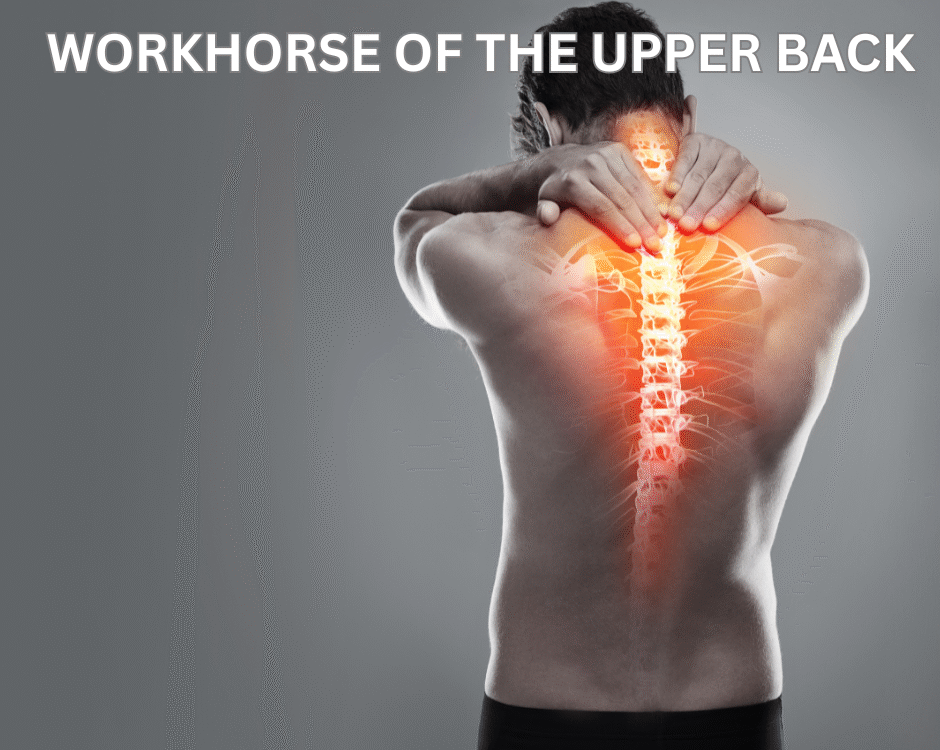Hiking Safety for New Hikers

Good Tips for Troublesome TMJ
September 13, 2022
How to Cope with the Psychological Effects of Automobile Accidents
September 15, 2022How we Mourn and Grieve
“Grief is the price we pay for love” was spoken by Queen Elizabeth II after the 9/11 attacks in support for those who lost loved one.
Grief is not only felt with a death of a loved one but we also feel grief with a loss of a job, ending of a relationship, receiving a harsh medical diagnosis, or even when our long-held belief or dream ends. As I write this, the world mourns and grieves the death of Queen Elizabeth II. But the nation also mourns the loss from the 9/11 attacks on America, with the upcoming anniversary of the event.
Dr. Elisabeth Kubler-Ross was a psychiatrist who wrote a book On Death and Dying that divided grief into five stages, which is now known as the Kubler-Ross model. Initially the model was based on the stages people dying experience, but it has been adapted to the grieving process. In this model, grief is divided into the stages: Denial, Anger, Bargaining, Depression and Acceptance.
Denial is when you refuse the information or news given as facts. When fired, you believe your boss will call you back; when your spouse asks for a divorce, you think they will change their mind; when given a harsh medical diagnosis, you believe the test results are wrong. You deny those events are happening to you and you become numb. Denying and feeling numb gives you the time needed to process the news and information, but this is a temporary process, and then feelings of pain start.
Anger is the next stage. Pain can be expressed as anger, bitterness and impatience. You may be angry at your boss for firing you; you may be angry at your spouse for leaving you; you may feel bitter that your body is failing you. But you also may be angry at other people not involved in the situation. Anger can be mild or it can be severe and intense.
Bargaining is when you have hope that you can change the situation. You try to negotiate with your boss for a second chance; you tell your partner that you will change if they come back; you ask your doctor for another set of tests. Bargaining gives you hope.
Depression sets in when bargaining did not work and you lose hope. Depression can cause you to feel tired and fatigued, even if you find yourself sleeping more. Your appetite and activity level decreases. You do not enjoy what you normally enjoyed doing or may not even feel up to getting ready for the day. You feel lost and confused and alone. Even though all the stages can be intense, this stage can linger on and be extremely intense. If you have support, lean on it to help you through this stage. If you need support, seek help.
Acceptance is when you have acknowledged the news and facts and you are resolved to the events. This is when you are able to move past what has happened and live on.
Grief is not limited by age. Grief and mourning is personal and different for everyone. Healing takes time and its length is different for each person. You may proceed through the stages in order, or you may go back and forth between the stages. There is no right or wrong way to grieve. But if you need help, seek the support. Contact other family and friends. Contact your spiritual or religious leader. Contact a counseling center. You do not have to be alone.
– Article written by Chandra Cunningham, DC one of the members of Chambers Medical Group’s team of car accident chiropractors who offer a variety of treatments and therapies ranging from diagnostic testing to various soft tissue therapies for car accidents and injuries in Kentucky.
If you or somebody you know has been in a car accident, be sure that you seek medical attention from a car accident doctor or car accident chiropractor to treat your injuries. Visit Chambers Medical Group to receive world-class medical treatment for your injuries.
Chambers Medical Group has car accident medical clinics in the following locations:
- Car Accident Medical Clinic in Tampa
- Car Accident Medical Clinic in Plant City
- Car Accident Medical Clinic in Brandon
- Car Accident Medical Clinic in Lakeland
- Car Accident Medical Clinic in Sarasota
- Car Accident Medical Clinic in Louisville
- Car Accident Medical Clinic in Lexington
- Car Accident Medical Clinic in Florence




